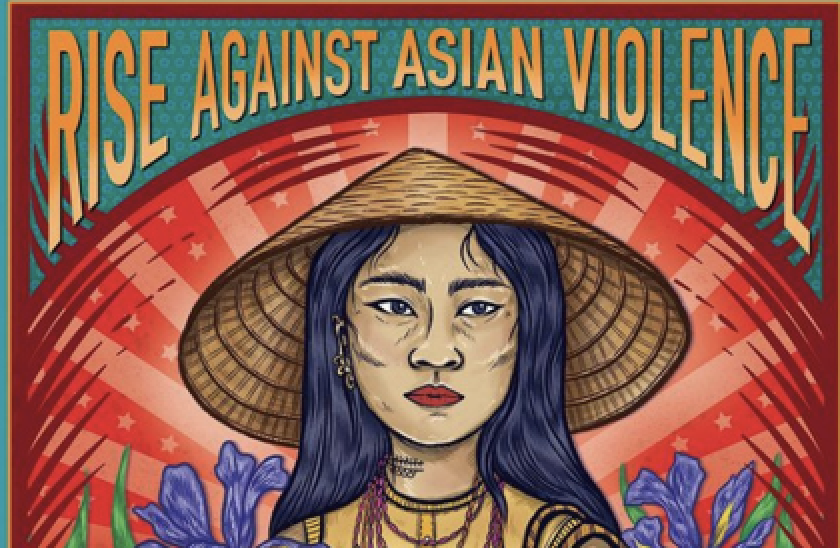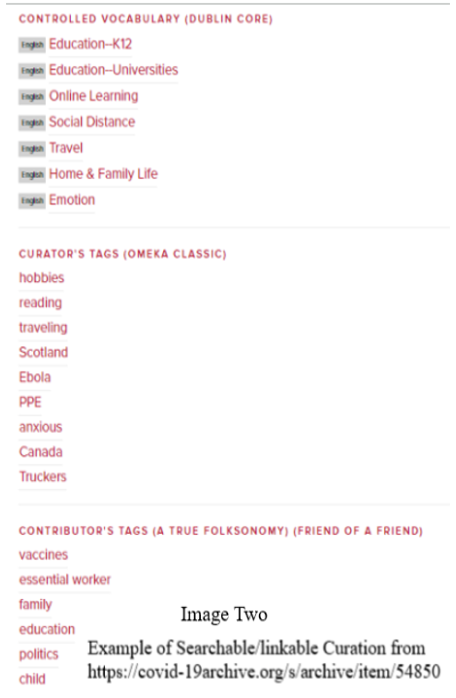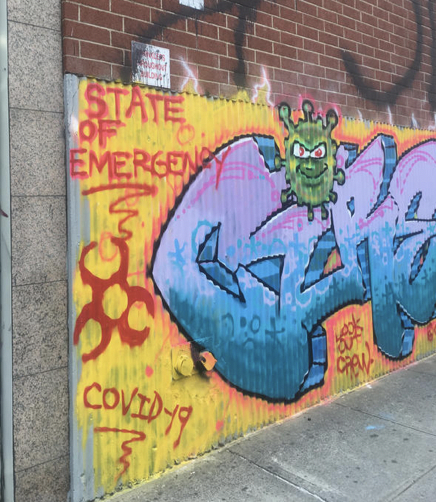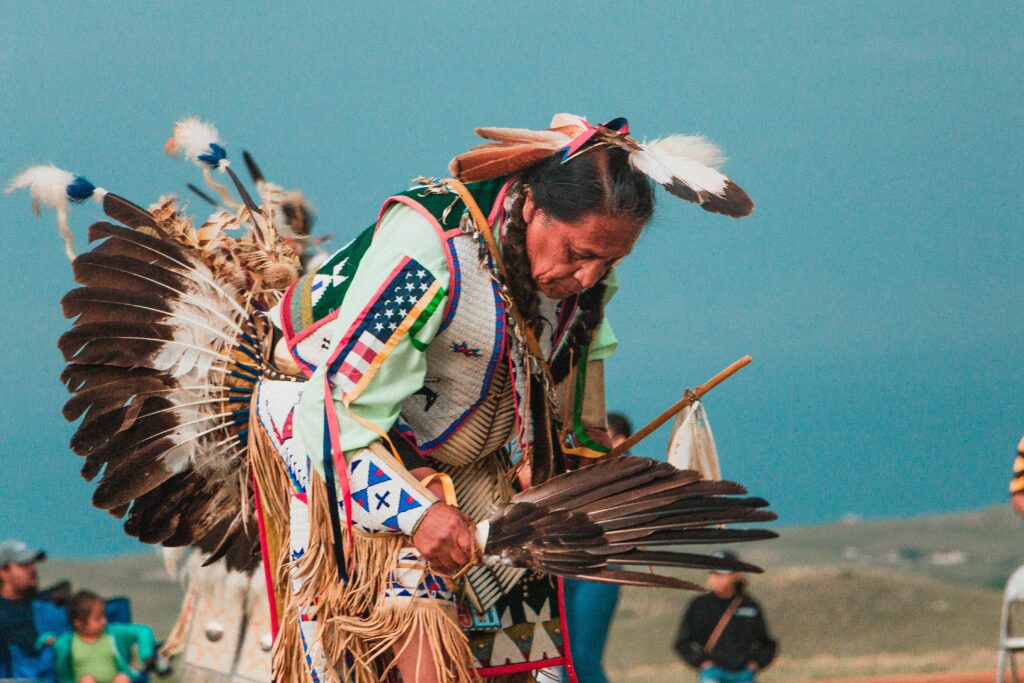Blog post by Kathryn Jue
Asian and Pacific Islanders are fighting two pandemics – COVID-19 and anti-Asian racism.[i] The rise of anti-Asian crimes is now a focal point in a pandemic year, but this is not something that came out of nowhere.[ii] It has been bubbling under the surface as long as Asian Americans have lived in this country. A year ago, as COVID-19 infected our everyday life, even before the shutdown, many members of the AAPI community recounted the racism they faced and their growing fear as they were scapegoated for the pandemic.[iii]
“I was going to buy groceries from Ralphs and when I was looking for cereal, I had to cough. So when I coughed this white man who looked to be about 65 to 70 years old told me to go, take me and my disease somewhere else. I didn’t have the guts to say anything back and just left.”[iv]
This story, shared by a 17-year-old Vietnamese-American student enrolled in my class during the spring of 2020 is not unique. Stories like this within the AAPI Collection reveal the xenophobia, racism, and hate the AAPI community is experiencing with increasing frequency due to the pandemic. The collection also demonstrates how phrases like “Kung Flu” and “China Virus” are used to justify hate speech, harassment, verbal and physical assault against Asian Americans. It shows how the pandemic revealed the uncomfortable reality that if you’re Asian and/or Pacific Islander, your identity is forever hyphenated – you are never a “real” American.

Words Matter
Kung Flu. China virus. Un-American. Go back where you came from. Scapegoated and blamed, anti-Asian rhetoric and normalized xenophobia surrounding COVID-19 gave people license to act out their COVID-19 frustration on the AAPI community, leaving Asians in fear.
“As a young student who is proud to be an Asian, living in America suddenly sounds like a scary reality that we don’t want to face, afraid to be suddenly attack[ed] by people who believe Asians are the reason there is a global pandemic.”[i] The Center for the Study of Hate and Extremism reported a 149% increase in the number of hate crimes toward AAPI individuals between 2019 and 2020.[ii] Many stories within the AAPI Voices collection pinpoint this rhetoric as a major cause of anti-Asian violence.[iii] This doesn’t account for the stories that go untold. Many acts of harassment and violence are unreported due to language barriers, government distrust, as well as the dismissal of the harassment by officials as not being severe enough to count as a hate crime.[iv] This is why the JOTPY Asian and Pacific Islander Voices collection is so important – it is a space to share experiences without fear of retribution. JOTPY is also a space where alternative submissions tell a different story – one of xenophobia and racism. Having these stories side by side paints a picture of the reality of the pandemic year. Violence and harassment continue to intensify in 2021, and as Asian Americans demand justice, words are cited as a major contributing factor.[v]
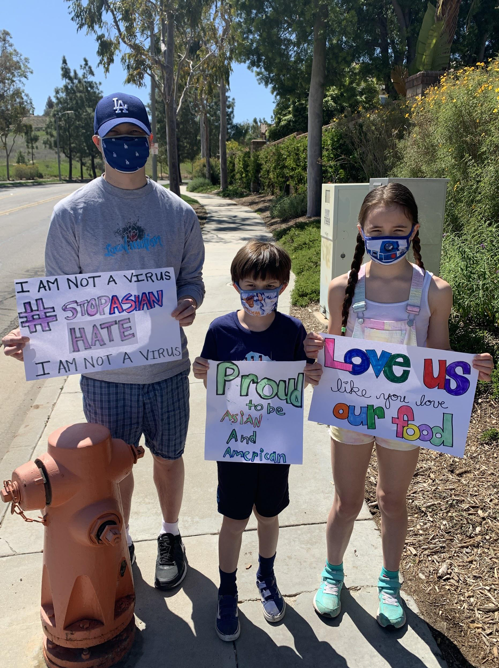
Asian American Identity and the Pandemic
“There was one specific situation that was really close to home as well . . . one of my neighbors actually, who is Vietnamese. He came to me about two weeks ago, and he told me that he was at the local Walmart . . . and . . . someone approached him and started yelling at him, you know, started telling him to go back to China, you know, he’s Vietnamese, he’s not Chinese. And he kept telling the person I’m not Chinese, you know, then it continued to escalate and start[ed] to get violent at that particular point.”[i] A common theme of the verbal attacks is the sentiment that Asians do not belong in America. This hate speech causes problems of identity and internalized racism.[ii] Even children who have not personally experienced harassment or violence are not immune: “Trump doesn’t care about anyone like us, or Daddy, or Yeh-Yeh [grandfather in Cantonese]. He only likes White people and treats us and Black people badly,” I overheard my then nine-year-old daughter explain to her six-year-old brother this past fall. Knowing your country’s leadership disregards you can lead to questions about your American identity. The pandemic caused deep reflection within the AAPI community of what it means to be “Asian-American.” COVID-19 initiated a call to action to break the myth of the so-called “model-minority” and to show that being Asian does not preclude a person from being American is an important outcome.[iii]
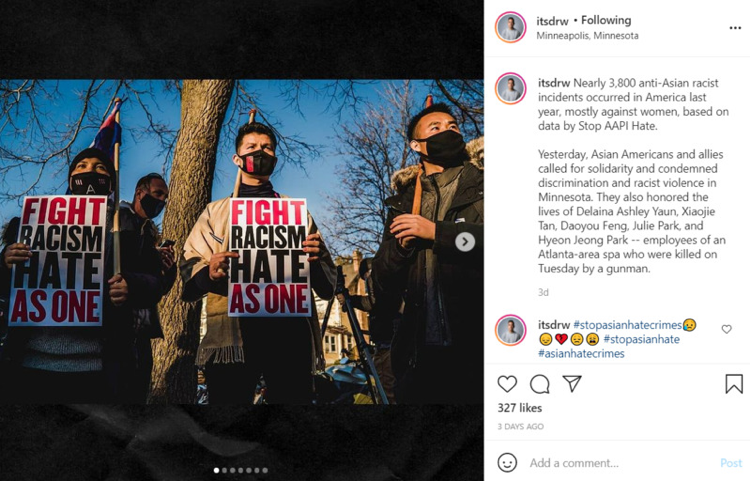
[i] Anna Purna Kambhampaty, “’I Will Not Stand Silent.’ 10 Asian Americans Reflect on Racism During the Pandemic and the Need for Equality,” Time, June 25, 2020, https://time.com/5858649/racism-coronavirus/?amp=true.
[ii] Sam Cabral, “Covid ‘hate crimes’ against Asian Americans on rise,” BBC News, April 2, 2021,https://www.bbc.com/news/world-us-canada-56218684
[iii] Jee-Ho Kim, “Asian American students discuss experience during COVID-19 pandemic,” The Cavalier Daily, October 5, 2020, https://www.cavalierdaily.com/article/2020/10/asian-american-students-discuss-experience-during-covid-19-pandemic.
[iv] Kathryn Jue, “High School Students Reflect on JOTPY Archive,” June 1, 2020, JOTPY Archive.
[v] Kathryn Jue, “High School Students Reflect on JOTPY Archive,” June 1, 2020, JOTPY Archive.
[vi] Center for the Study of Hate and Extremism, FACT SHEET: Anti-Asian Prejudice March 2020 – Center for the Study of Hate & Extremism Anti-Asian Hate Crime.
[vii] David Chen, “Trump used “Chinese Virus” on his social media,” August 5, 2020, JOTPY Archive.
[viii] Catherine Thorbecke, “Why anti-Asian hate incidents often go unreported and how to help,” ABC News, March 18 2021, https://abcnews.go.com/US/anti-asian-hate-incidents-unreported/story?id=76509072.
[ix] Tien Cao, “A Reminder of the Realities of the Asian Women in My Life,” March 18, 2021, JOTPY Archive.
[x] Abigail Jurusik, “Dang Yang Oral History, 2020/05/20,” July 14, 2020, JOTPY Archive.
[xi] Claire Wang, “’You have Chinese virus!’: 1 in 4 Asian American youths experience racist bullying,” NBC News, September 17, 2020, https://www.nbcnews.com/news/amp/ncna1240380.
[xii] Christina Zdanowicz, “We asked Asian Americans about their experiences with hate. The responses were heartbreaking,” CNN, March 19, 2021, https://amp.cnn.com/cnn/2021/03/19/us/asian-american-hate-pandemic-trnd/index.html.
Kathryn Jue is a high school history teacher in Garden Grove, California and graduate intern with the JOTPY Archive at Arizona State University.
